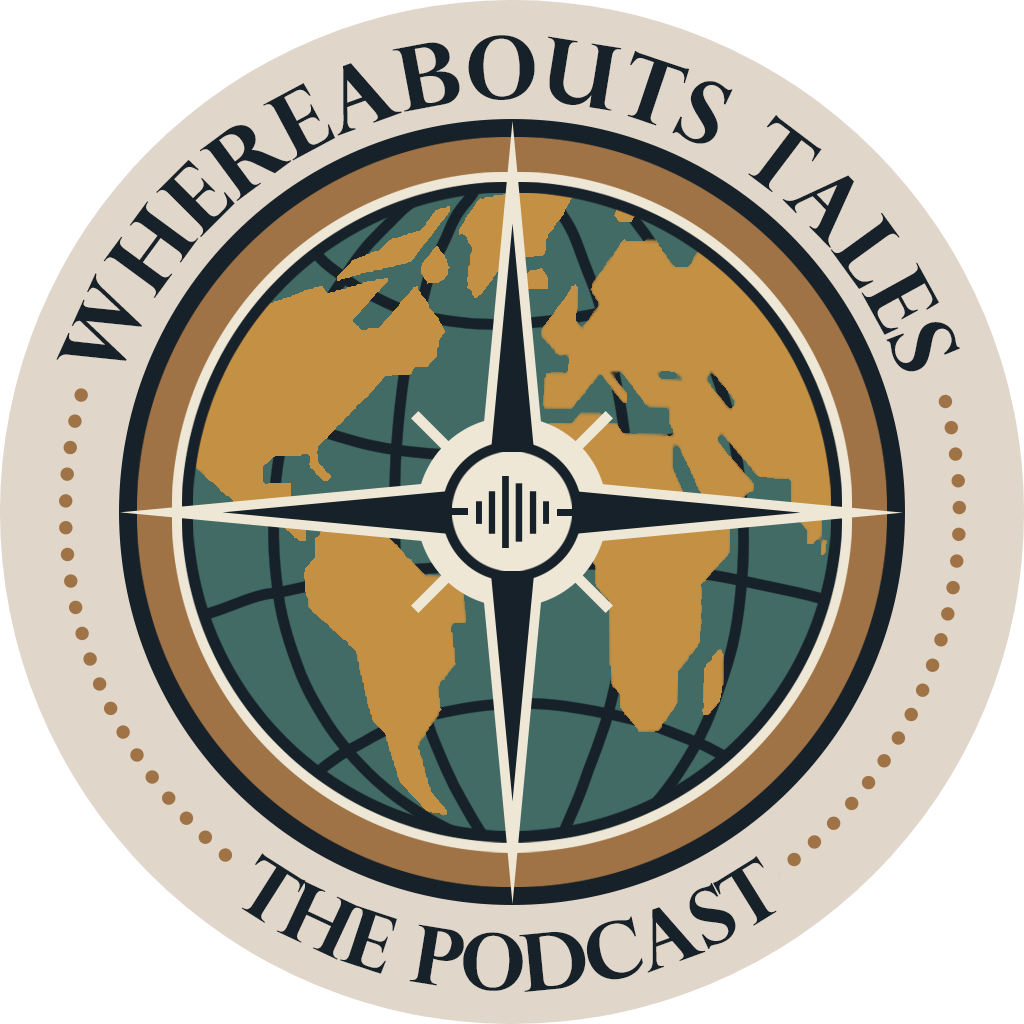When the Internet Was a New Playground: A Personal Journey
Episode #0040
Remember those early days of the internet? When you’d hear the dial-up tone, that unmistakable symphony signaling a connection in progress? For many of us who grew up swirling in that digital dawn, it was nothing short of magical. No fancy algorithms guiding us—just wild curiosity and a dash of trial and error. Tim O’Hearn, a senior software engineer turned author, reminisces about this era with a nostalgic gleam. He recalls being an only child, the computer nerd of his school, captivated by browser games like RuneScape and the thrill of discovering new websites crafted by hobbyists. The internet back then wasn’t curated or commercialized; it was a wild, open place full of promise and genuine wonder.
It’s fascinating how his early love for tech intertwined with a family background rich in books and reading. Tim’s journey from being a book critic to authoring Framed: Villains Perspective on Social Media underlines a love affair with both digital creation and literary critique. Did you ever grab a hefty book off a dusty shelf just because the cover intrigued you? Tim did, and his late-blooming passion for reading mirrors many of us who find words more compelling once distractions fade. It’s a reminder: sometimes the simplest beginnings—whether a book or a website—spark the wildest adventures.
The Double-Edged Sword of Digital Life
Here’s the twist in the tale. Tim’s story isn’t just about tech wonders; it also peeks behind the curtain to the less glamorous sides of the digital age. Working in sectors like Instagram growth and quantitative trading, he’s navigated moral swamps and fuzzy ethics. Ever wondered about those Instagram "boosts"? Tim’s reflections reveal an industry caught between dazzling innovation and a kind of “late-stage capitalism,” where profit often trumps user experience. The internet feels smoother these days compared to its chaotic infancy, yet ads and addictive notifications have ballooned, turning our screens into battlegrounds for attention and dollars.
Think about that for a second—engineers crafting features designed to hijack your focus, just to extend your session by a few seconds. It feels a bit like a weird magic trick that steals from our productivity and sanity. Tim raises a pertinent point: despite the brilliance behind these platforms, this relentless race for screen time is arguably humanity’s greatest waste of ingenuity. Yet, the technical “arms race” persists because social media networks thrive on vast numbers, making competition and change incredibly complex.
Could We Hit Pause? Schools, Parents, and Digital Literacy
The question that bubbles up: what can we do? Tim points to schools as the frontline warriors in managing screen time and fostering digital literacy. Imagine schools mandating phone-free hours, protecting kids from the constant ping of notifications as they grow. Some places already use dedicated phone drop-off bags during class—a small but striking gesture to reclaim focus. Beyond that, digital literacy could become as critical as learning the keyboard or sex education. Kids need to understand not just what technology does, but what it doesto their brains and behavior.
And what about parents? Well, Tim doesn’t sugarcoat it: many grown-ups who remember the offline world haven’t exactly been stellar role models in curbing screen addiction or guiding healthy tech use. So, it stands to reason education about technology should start early and be as nuanced as everything else kids learn.
The Truth About Publishing and Speaking Out
Now, here’s a fascinating detour: Tim’s path to publishing Framed was unconventional. He chose independence over traditional routes, prioritizing creative control and integrity over mass-market reach. Hitting number one in Amazon’s new release category was thrilling, especially knowing he hadn’t gamed the system with fake sales or reviews. It’s a tale of holding onto authenticity in a digital age where so much is manufactured.
Publishing a book like Framed feels like stepping into a storm—the internet can be a lions’ den of criticism. Yet Tim embraces that vulnerability, believing in open conversations about the tech landscape’s darker corners. His stance is not so much about exposing villains but offering a perspective that invites debate, reflection, and maybe, just maybe, change.
Looking Ahead with a Bit of a Sigh
So where does this leave us? Tim identifies as both an optimist and a pessimist—optimistic about the internet’s potential but deeply saddened by its current trajectory. Screen time soars, attention spans shrink, and technology sometimes feels more like a cage than a key.
But there’s a glimmer of hope lurking in new technologies and possible regulatory shifts—wearable tech, brain-machine interfaces, and the slow-growing push for accountability and user respect. With voices like Tim’s contributing to the conversation, maybe we’re inching toward a new chapter where digital tools empower rather than imprison.
You know what? Sometimes, stepping back and thinking about these stories makes you appreciate that messy, tangled web we’re all a part of. For better or worse, the digital age is here, shaped by quirky pioneers, skeptics, dreamers, and realists alike. The real question is how we choose to navigate it next.
If this journey through technology, ethics, and storytelling sparked something, you might want to check out Framed itself or dive into Tim O’Hearn’s writing on his blog—where digital insight meets honest reflection

